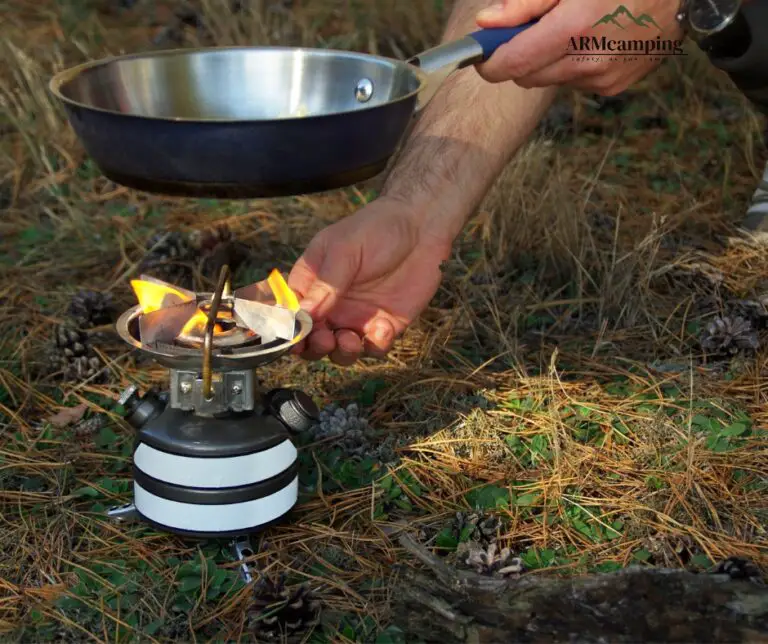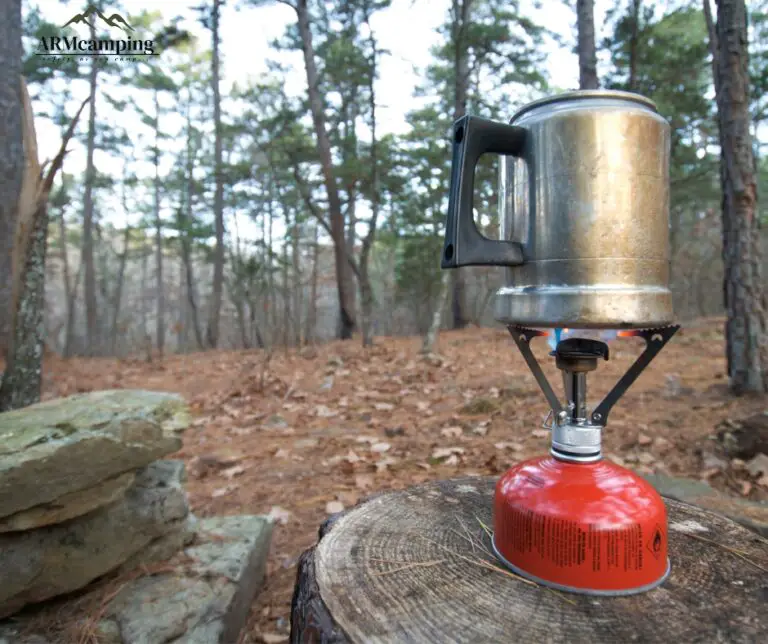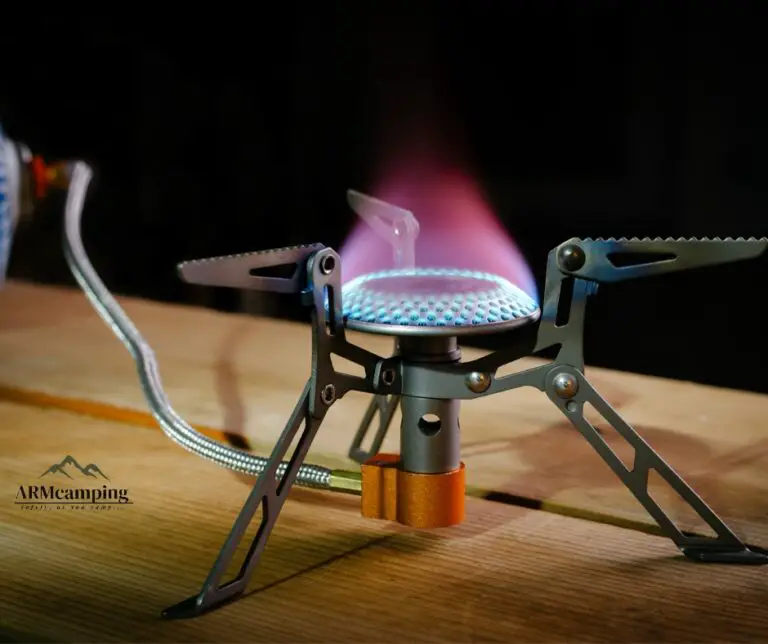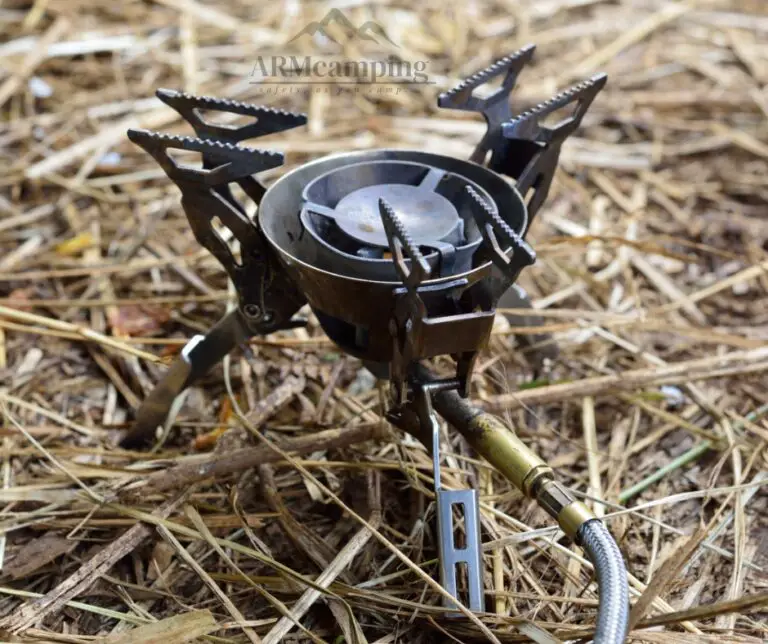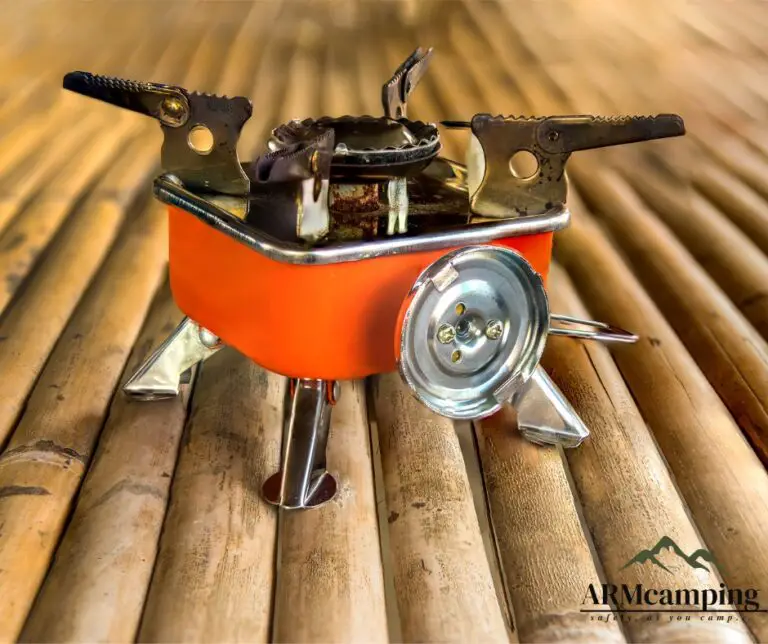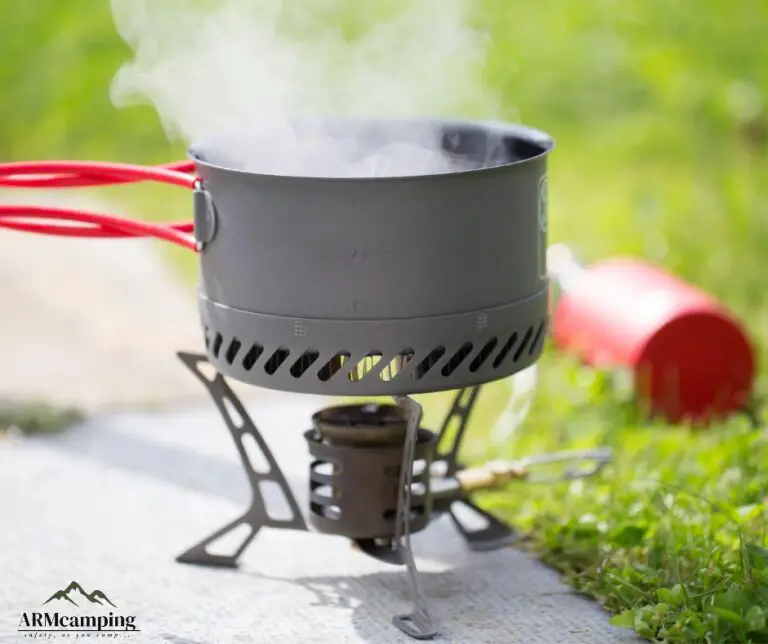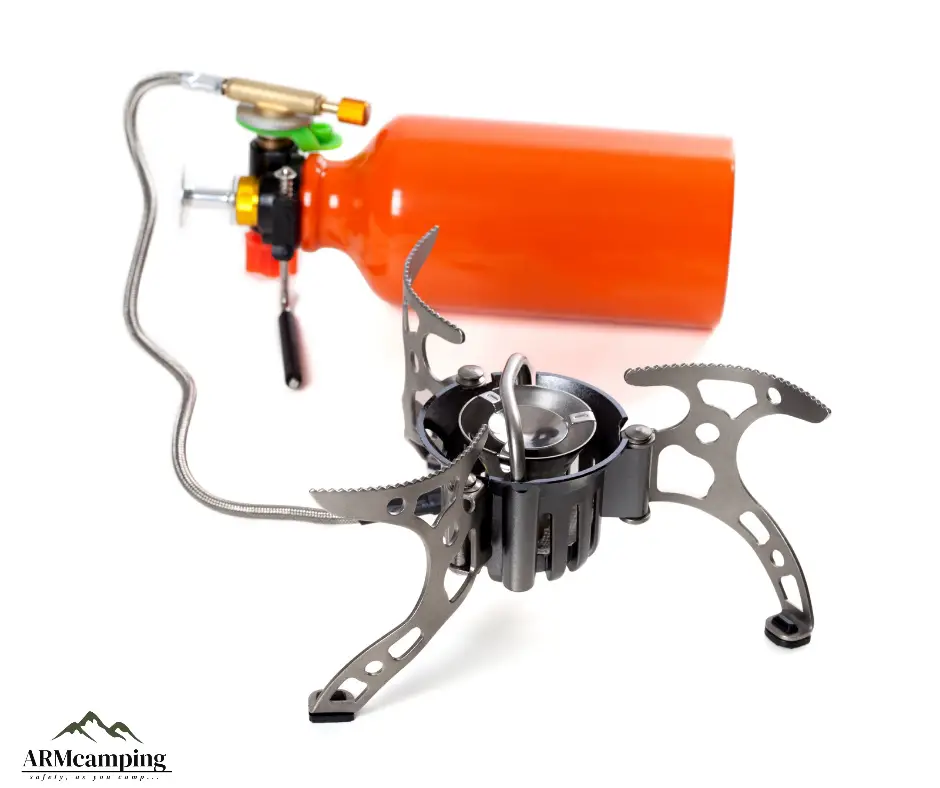
If you’re planning on doing any camping this summer, you’ll need to decide what kind of stove to take with you. Propane and butane are both popular choices for camping stoves, but which one is the best? Here’s a look at the detailed comparison of each type of stove to help you decide.
Propane stoves are more powerful than butane stoves, so they’re better for cooking larger meals. They’re also less likely to be affected by windy conditions. However, propane can be more expensive than butane, and it’s not as readily available in some areas.
However, on the other hand…
Butane stoves are more compact and lightweight than propane stoves, making them easier to pack. They’re also less expensive, and you can find them just about anywhere. However, they’re not as powerful as propane stoves, so they’re not ideal for cooking large meals. Windy conditions can also affect them.
What Is Safer for Camp Stoves Propane or Butane?
Table of Contents
There are a few factors to consider when deciding whether to use propane or butane for your camp stove. Butane is cheaper and more readily available than propane, but it doesn’t last as long. Propane is more expensive, but it will last longer. Butane is also a more volatile gas, so it can be more dangerous to use, but that does not justify its safety yet. Butane is a lot safer than propane.
Butane is a highly flammable gas that is often used in household and industrial settings. It is also used as fuel for many types of camping stoves. But when deciding which fuel to use for your camp stove, butane is a much safer option than propane.
Butane is non-toxic, while propane is flammable and toxic, so it is more dangerous to the atmosphere. Butane also evaporates less than propane, which means that butane can be stored where it cannot be stored for use.
Butane Camping Stove
The butane camping stove is a great option for those who love to camp and be outdoors. This stove is easy to use and is very versatile, making it a great option for those who want to cook while they are camping.
The butane camping stove is also very lightweight and portable, making it a great option for those who want to take their stove with them wherever they go.
Butane fuel is a widely used type of fuel for many types of stoves. It is a highly combustible gas that is easily ignited, making it a popular choice for many people. Butane fuel is also very inexpensive, making it a great option for those who are on a budget.
Propane Camping Stove
A propane camping stove is a great addition to any camper’s gear. It is easy to operate and can be a real lifesaver in an emergency. Propane is a clean burning fuel that is safe to use indoors and out.
A propane camping stove is a great way to cook meals while camping, as well as provide a heat source in an emergency.
However, propane is a clean-burning fuel that is popular for home stoves. It is a safe and efficient fuel source that can be used in many types of stoves.
Propane is a versatile fuel that can be used in both indoor and outdoor stoves. It is a great choice for those who want to use clean-burning fuel in their home.
Is Butane or Propane Better for Camp Stove?
For most campers, butane is the better option for camp stove fuel. Butane is easy to find and relatively inexpensive. It also burns clean, so it’s a good choice for cooking in nature. Propane is a good option, too, but it’s not as readily available and it’s more expensive.
What’s the Difference Between Butane and Propane?
Butane and propane are two different types of hydrocarbon gases. They are both used in a variety of applications, but there are some key differences between the two.
Butane is a highly flammable gas that is often used as fuel for lighters and other portable devices. Propane is a non-flammable gas that is commonly used as fuel for BBQ grills and other outdoor cooking appliances.
So, what’s the difference between butane and propane? Well, butane is a highly flammable gas while propane is not. Butane is also a gas that is often used as a fuel for lighters and other portable devices while propane is commonly used as a fuel for BBQ grills and other outdoor cooking appliances.
Considerations in Terms of Fuel
Liquid-fuel stoves are available as canisters that can be filled with either butane or propane. Isobutane is a lighter fuel gas that combines with oxygen in the air to form a flammable gas. The most common mixture found in cooking and stove fuels is 80% iso-butane and 20% butane.
This is not the only mixture available, however. For example, some fuel companies offer a 90/10 mix of iso-butane and butane. This mix is said to provide superior performance in cold weather. Isobutane can also be used alone as a fuel, but it has a tendency to produce a less consistent flame than butane.
Considerations in Terms of Price
When deciding between a butane or propane stove, it is important to consider the price. Butane stoves are typically less expensive than propane stoves. A good, dependable propane stove will usually cost more than $100, while an inexpensive camp stove that uses butane can be bought for less than $50. However, the really good butane stoves will cost a little more than $60. Ultimately, it is important to decide what is most important to you and make a decision based on that.
How Much Weight Are You Considering
When it comes to choosing a stove, weight matters. Propane stoves are less complicated than butane stoves and have half the weight, making them more comfortable to carry. They are also smaller, which allows you to take them into places where butane stoves cannot be taken safely. Enhanced portability is another advantage of propane stoves.
Considerations in Terms of Safety
Safety is always a top priority, especially with using gas-powered appliances. Butane stoves are a safer option to use than propane stoves because they have no open flames. This is important because butane gas is heavier than air and sight or smell can’t detect its presence.
This could prove dangerous in an emergency or if you need to perform a rescue. However, propane gas is easier to detect because it has a strong odor. For this reason, propane stoves are not as safe to use as butane stoves.
Can I Use a Butane or Propane Stove Everyday?
If you plan on using your butane or propane stove every day, it is important to have it regularly serviced to keep it functioning properly. While these stoves are designed for daily use, they can experience wear and tear over time which can impact their performance. By having your stove serviced regularly, you can help to ensure that it will continue to work effectively and efficiently. If you have any concerns about your stove, be sure to consult with a qualified technician to get the best advice.
Finally
In summary, even though there are pros and cons to both propane and butane, propane is much more popular and widely used. Propane is a lot safer than butane and has many more uses than butane. Although propane and butane are both very flammable and potentially dangerous, propane is the safer of the two.

